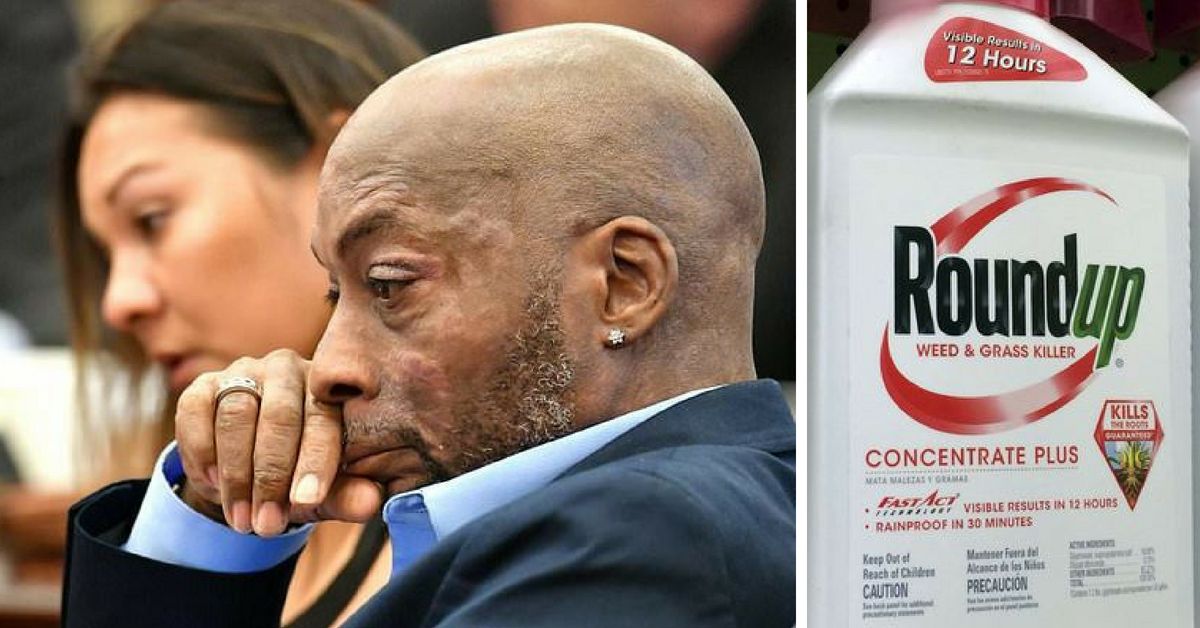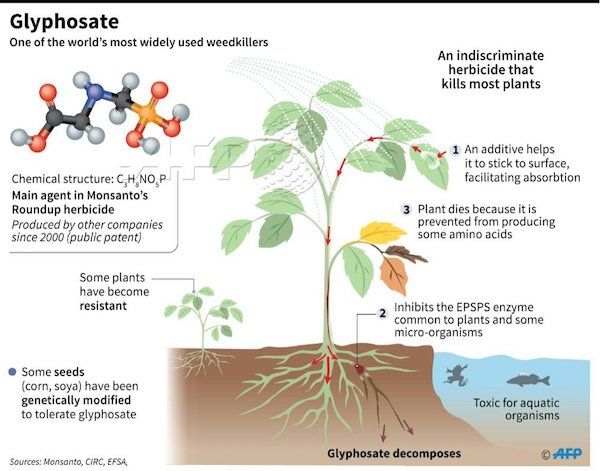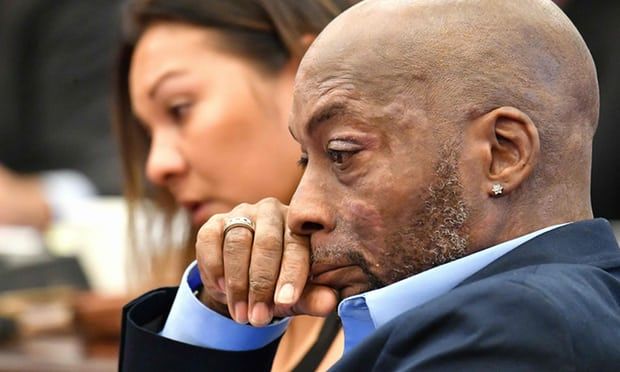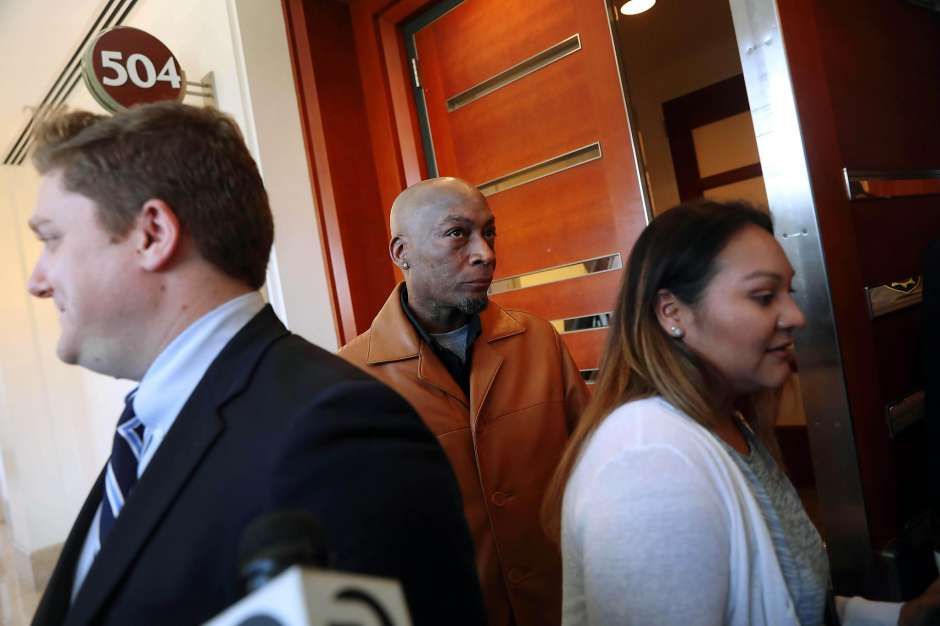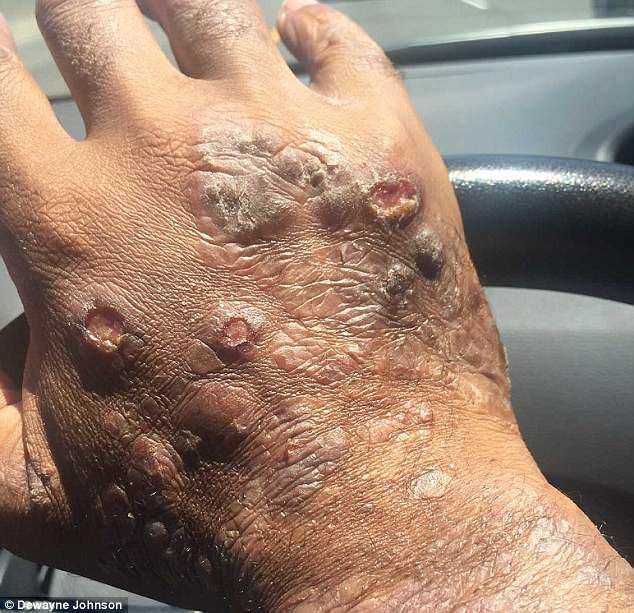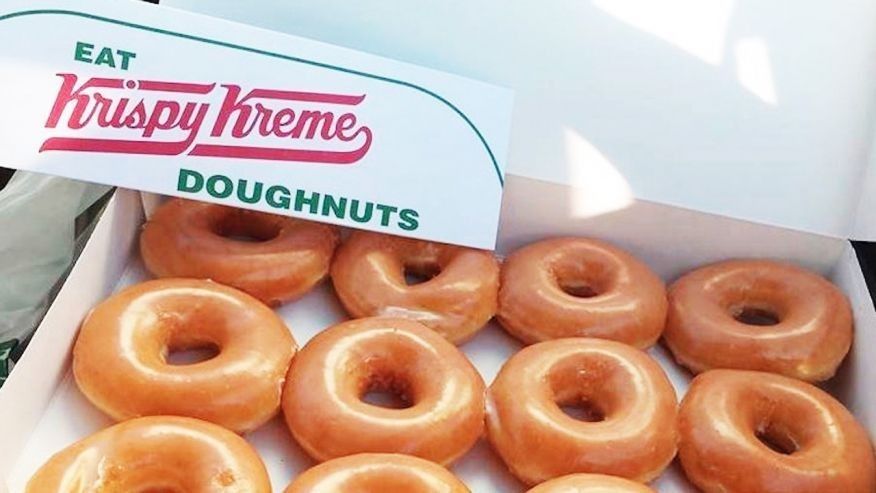A dying California groundskeeper will be testifying against Monsanto weed killer Roundup for his terminal cancer diagnosis.
Dewayne Johnson, 46, filed a lawsuit against the agrochemical colossus, and although the trial is expected to last until August, Johnson said he was told by doctors he doesn't have much time left.
California law states that products with chemicals that can cause cancer must have a warning label put on its packaging. According to Johnson, he wouldn't have used Roundup - which has a chemical compound called glyphosate - had he known the risk to the herbicide.
"For the past 40 years, Monsanto has known the primary ingredient in Roundup can produce tumors in lab animals," Johnson's attorney Brent Wisner said during the trial's opening statements.
"Monsanto has gone out of its way to bully scientists and fight researchers," he added.
In 2014, Johnson had been diagnosed with non-Hodgkin's lymphoma, a cancer that affects white blood cells in the body's immune system. He had been using Roundup's generic counterpart, "Ranger Pro" since 2012, after he was promoted to groundskeeper at a California school.
However, Monsanto said no warning label was ever needed, as there has been no scientific link between the weed killer and cancer.
"Mr. Johnson's cancer is a terrible disease. We all do and we all should have great sympathy for what he is going through," Monsanto defense attorney George Lombardi also said during opening remarks in court.
"The scientific evidence is overwhelming that glyphosate-based products do not cause cancer, and did not cause Mr Johnson's cancer," Lombardi continued, adding that previous studies have concluded it's safe to use.
But, when Johnson took the stand, he said he never would have used the chemicals on the school grounds had he known the risks associated with Roundup.
"I would've never sprayed that product on school grounds or around people if I knew it would cause them harm," he said, according to Courthouse News reporter Helen Christophi. "It's unethical, it's wrong. I have children who go to school. People don't deserve that. They deserve better."
"I figured if it could kill weeds it could kill me. I took it seriously that's why I wore anything I could to protect myself," KPIX reporter Susie Steimle said Johnson also claimed.
When Johnson was diagnosed with cancer, his attorney Timothy Litzenburg said in court that his client had called the company to see if there was a connection between his disease and the pesticide.
"He said: 'Hey I just want to let you know I have this and I want to ask could it be contributing to my cancer,'" Litzenburg said, adding that although it landed on the desk of Dr. Daniel Goldstein, the lead of medical sciences at Monsanto, he never called back with his findings.
Since the father-of-two's diagnosis, 80% of his body has become covered in lesions, which include his entire back and hands.
According to a statement from Monsanto, non-Hodgkin's lymphoma can "take many years to form," and his disease would have began prior to Johnson's first exposure in 2012 and his diagnosis in 2014, adding that it "precludes any possible causal connection here."
However, Johnson's dermatologist Dr. Ope Ofodile testified that his client didn't have any rash symptoms before he was diagnosed with the cancer.
Even though Lombardi said Roundup has been approved the US Environmental Protection Agency, it was labeled as "probably carcinogenic" by WHO. Two years later, the state of California "named glyphosate an ingredient that causes cancer under the state's Proposition 65," which required it to carry a warning label on its product if sold in the state.
Monsanto was founded in 1901 in St. Louis, Missouri, and started producing pesticides in the 1940s. The company was sold to multinational pharmaceutical and life sciences company Bayer for more than $62 billion this past June.
[H/T: Daily Mail, Raw Story]
